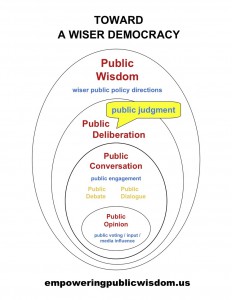
Quebec Foreign Minister
USE Google Translate (top of middle column above) to read in other languages.
Libre-échange: Et si on essayait la transparence ?
Le BLogue de Jean-Francois Lisee
Publie le 2 octobru 2012
Au moment où vous lisez ces lignes, une cinquantaine d’invitations sont en train d’arriver chez des membres de la société civile: organisations de citoyens, syndicales, d’entreprises, chez des chercheurs, des journalistes spécialisés. des élus du gouvernement et de l’opposition.
Ils sont invités par mon collègue des Finances Nicolas Marceau et moi-même à un exercice de transparence.
Au cours des prochaines semaines, la négociation visant un accord de libre-échange dit de « nouvelle génération » entre le Canada et l’Europe pourrait arriver à destination. Fortement initié par l’ex Premier ministre Jean Charest, l’accord a été négocié depuis deux ans dans une relative opacité, soulevant craintes et grincements de la part de plusieurs, y compris de l’opposition péquiste.
Ouvrir les fenêtres
Continue reading “Jean-Francois Lisee: Quebec Example of Transparent Public Governance”








